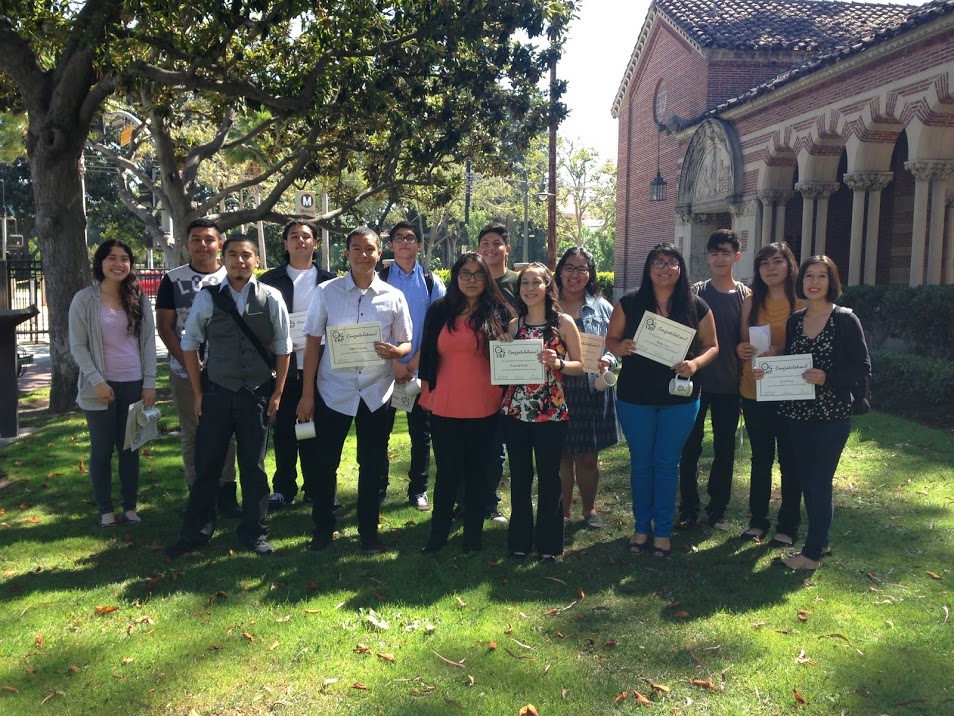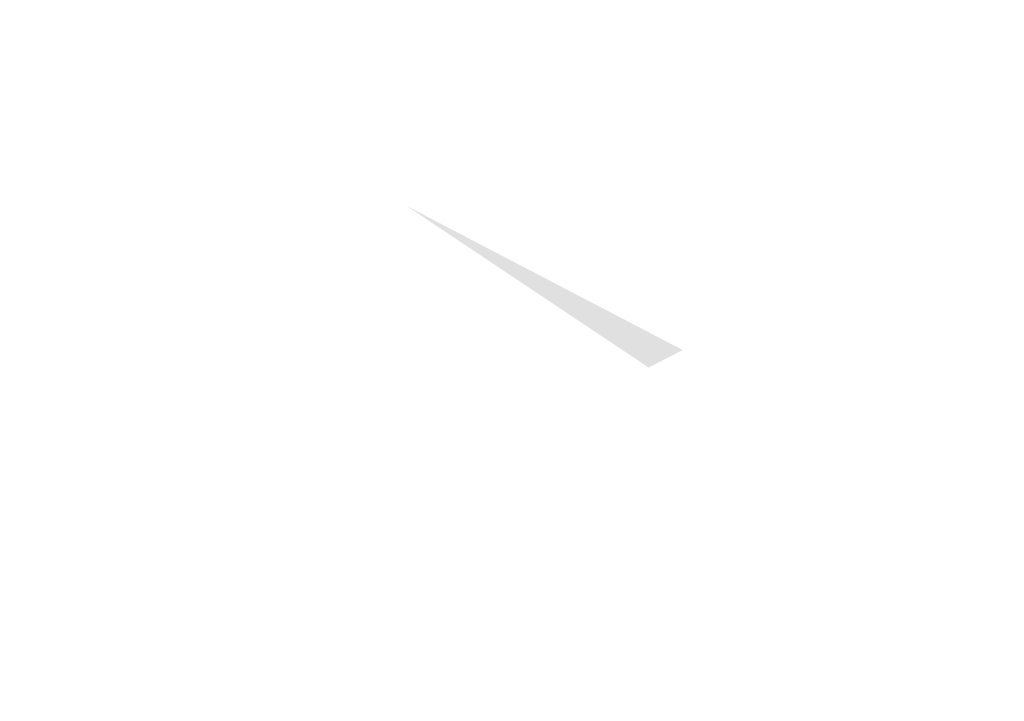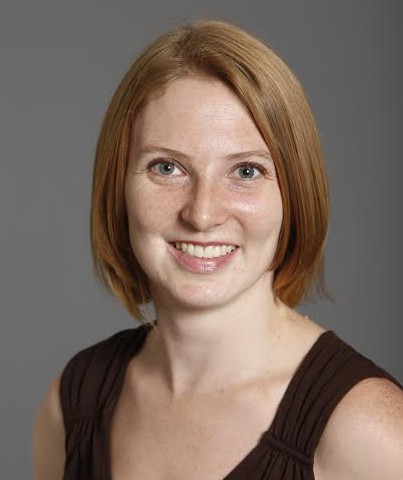The USC Young Researchers Program pairs talented USC-area high school students with USC research groups for a summer of research under the supervision of faculty and graduate students. It was founded by Earth Science graduate students Laurie Chong and Carie Frantz in 2008.

Students get to experience first-hand the excitement of research in real university labs.”
– USC Young Researchers Program
The USC Graduate School caught up with Carie Frantz for a special Q&A.
What inspired you to begin this program?
When I first moved to Los Angeles, I remember feeling appalled when I learned that the graduation rates at some high schools in USC’s neighborhood were below 50%. I wanted to do something. Hands-on educational programs were what got me hooked on science, and really what most motivated me to pursue a higher education. The idea for the Young Researchers Program came out of the desire to utilize the golden resources we have at USC to help local students have meaningful STEM (science/technology/engineering/math) enrichment experiences. I thought that if some of these students could experience science first-hand, could hear from real scientists that they were capable of it and experience that for themselves by *doing* real research, that that could make a big difference in encouraging those students not just to graduate high school, but to go to college, dream big, and consider a career in STEM. Sometimes students just need to believe that they are good enough – need to be able to picture themselves at a university, in a lab coat, solving big puzzles – before they see it as a viable future to pursue.
What are some of the Program’s success stories?
I’ll never forget the poster session at the end of the first summer of the program. Here were high school juniors, proudly and confidently standing in front of research posters they had made, talking about research they had done, using terminology and explaining concepts that only their mentors understood at the beginning of the summer. I remember watching one student at her poster answering questions from a faculty member who didn’t seem to realize that she was a high school junior, not a PhD student. Watching her explain her work and even argue her points (successfully!) with the professor was awesome – I thought my heart was going to explode I was so proud of her.
What was your vision for the program and has it been achieved?
My vision for the program was to create a STEM outreach pipeline that would develop students’ confidence and encourage them to graduate and go to college. I wanted it to become an established institution at USC. In that sense, yes, the program is now in its 8th year, has graduated around sixty students, and the last I checked all of them had graduated high school, most have gone on to college, and all of them say it made them more confident in themselves and their ability to pursue their dreams.
Was USC supportive of this initiative?
The program never would have gotten off the ground without the tremendous and continued support of various departments and individuals at USC. It’s been a big group effort, and could not have happened or continued to happen without a lot of support along the way.
How did Fellowship support play a role in the success of establishing the program?
Having fellowship support—first a Provost’s fellowship and then an NSF graduate research fellowship—gave me a special amount of freedom to pursue my interests, both in a research sense but also in the sense that it freed up time I was able to devote to building and running the Young Researchers Program.
A message from Carie
The program happens every year and the more grad student mentors we have, the more high school students we can reach. Grad students often say at the end of the summer how beneficial the program is to *them*, not just the high school students. Having students ask you questions makes you re-think the way you do things, placing your work in a context a high school student would care about puts you in a better place to write research proposals and paper introduction and background statements, and you have to experience it to know just how motivating it is to have a student say, “oh wow, this is COOL!”
About Carie
After she received her BS in Chemistry from the University of
Washington, she was a PhD student in the Department of Earth Sciences
at USC from 2007 to 2013, and was a Provost’s and NSF fellow. Carie
did her doctoral work on microbe-mineral interactions and using rocks
called stromatolites, which can be influenced by microbial
communities, to reconstruct ancient environments. She is currently a
postdoc at University of Washington Applied Physics Laboratory’s Polar
Science Center, where she’s working on a project to understand the
interactions between microorganisms and sea ice during summer melt.
Carie will be moving to Utah this summer to start a faculty position
in the Department of Geosciences at Weber State University.




